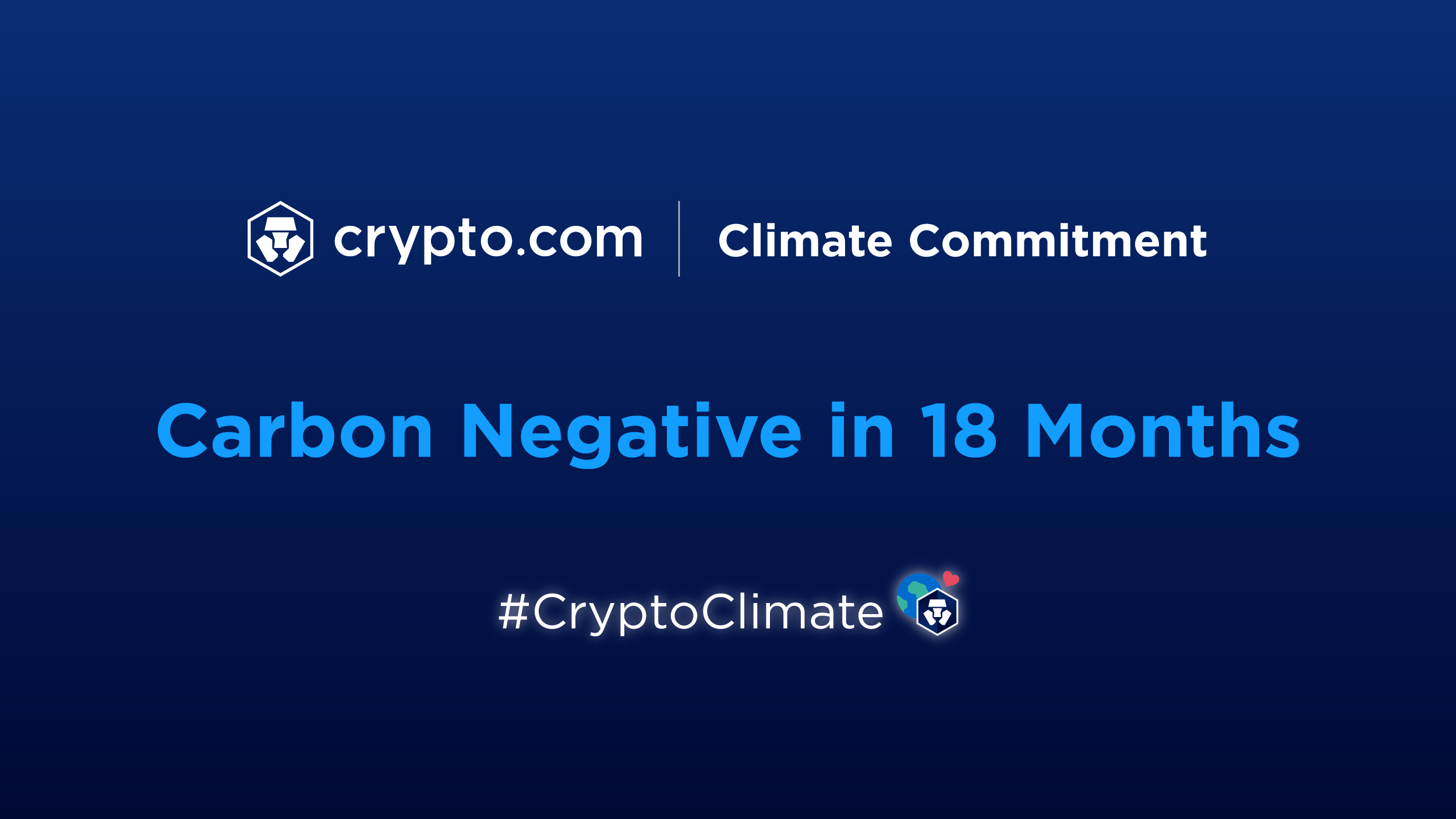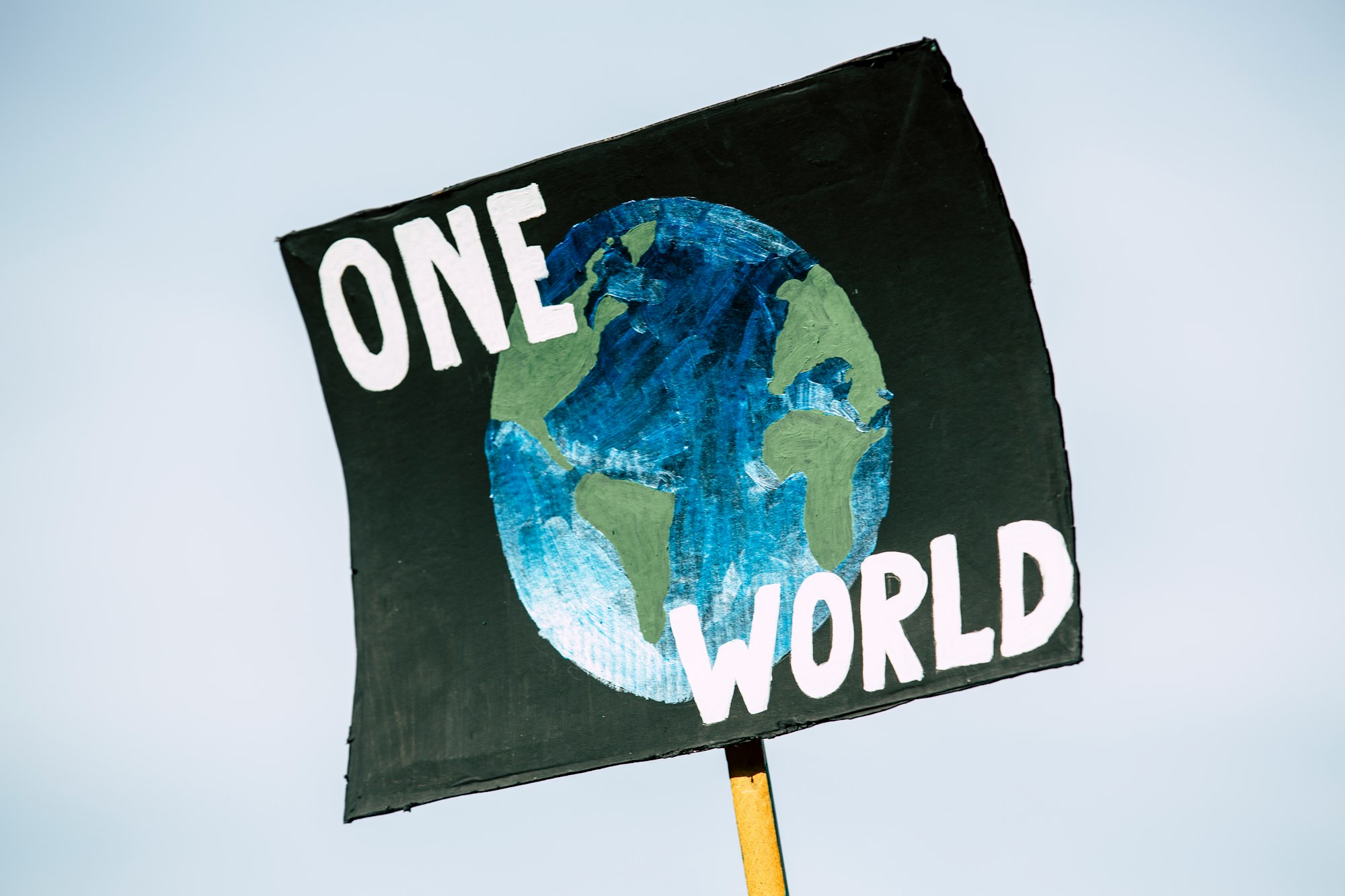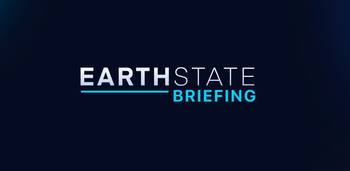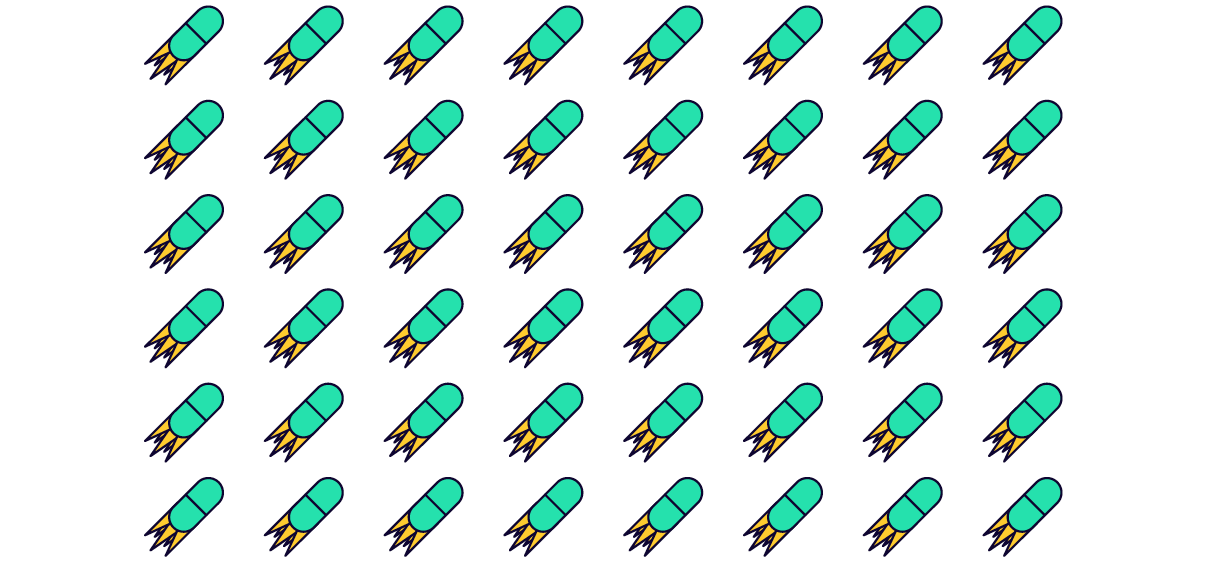The cultural climate has changed
Tokenisation has gained mainstream popularity, driven by the phenomenon of digital art as NFTs. Speak to any young person, and they will have an opinion about NFT art, artists, valuations, and their aspirations to produce and own these assets. Blockchain innovations are now enabling NFTs to be created, traded, and used in a growing range of both financial and non-financial applications in art, music, domain names, virtual worlds, trading cards, collectibles, sports, and other forms of utility.

Earth Tokens are next, as new NFT standards will give us powerful capabilities to digitally capture the value and provenance of real-world assets and earth-state representations, such as Verified Emission Reductions, Carbon Sequestration proofs, or any other verified outcome states that people value, are willing to invest in, purchase, or work towards.
In the 2017 ixo White Paper, when we introduced the concept of non-fungible Impact Tokens, we had no idea how NFTs would become a cultural revolution that we believe is going to rapidly drive profound growth in the tokenised earth economy over the coming year and beyond. –Shaun Conway (ixo)
The social climate has changed
Tribes of enthusiasts are forming around Decentralized Autonomous Organisations. In August we spoke to Raphael Benoi about his idea to create a climate DAO, and he invited listeners to ”Just join a DAO”. Two months later, KlimaDAO launched, and its community has grown to almost 60,000 Twitter followers and thousands of investors who have accumulated a huge treasury, and already acquired more than 12 million base carbon tonnes of carbon offsets, leading to a phase-shift 25% increase in voluntary carbon market Carbon Credit prices.
Never Doubt That a Small Group of Thoughtful, Committed Citizens Can Change the World; Indeed, It’s the Only Thing That Ever Has – Margaret Mead
The Earth State Briefing has documented various aspects of the rising phenomenon of DAOs this year, and tried to increase our intelligence on what is a DAO, the configurations of nested DAOs, DAOs for Earth, and Finance Protocol DAOs as having the potential to become decentralised development banks that can “create new forms of money, backed by regenerative assets, and provide new ways of investing capital to produce sustainable and regenerative assets.” From Billions to Trillions.
Grace Rachmany is the self-professed DAO Lady and founder of DAOleadership. She sees the main change over this year as having been the increase in the numbers of DAOs, and value of capital managed through DAOs. Regulation has fueled most of this progress, which Grace says has made it difficult to operate in the realm of utility tokens, so many projects are releasing “so-called governance tokens that provide tremendous yields on speculative markets.” She feels this does not represent positive change, as it continues the destructive impacts of the financialisation of the entire economy. "Almost none of these DAOs produce anything in the real world and most of them continue to burn electricity in the name of financial value". The leading organisations that Grace feels are positively advancing the how DAOs are conceived and can be operationalised as powerful commons-based architectures, are the Regen Foundation, The Commons Stack and Token Engineering Commons.
We have arrived in the Metaverse, as we live our lives in an increasingly online world that the Internet giants are now pivoting to colonise these new virtual states. This is the world of digital assets, with entirely new economies capturing value in entirely new ways that may become fundamentally less extractive than the physical, industrial economy. These metaverses are providing new interfaces for communicating with each other, to play cooperative games, and to connect us with real-world states in ways that have not been possible before.
And physical gatherings resumed bringing together blockchain tribes, from Bitcoin maximalists in Miami, to Cosmoverse in Lisbon. Tribal connection is what makes us human and as Seth Godin wrote in his 2008 bestseller Tribes –We need You to Lead Us: "with our access to the internet there’s never been a better time to build a tribe (or step up to lead an existing one).” Now we have the internet of blockchains and crypto communities taking tribalism to a completely new level, that could become a growing force for positive change in the year to come.
The economic climate has changed
The crypto market continued its exponential growth, reaching a total market cap of reaching $3 Trillion this year, from $397 billion in November 2020. We see a growing trend of Central banks moving towards digital currencies –for good or bad.
The meaning and purpose of money is being redefined, with the potential to back our currencies with the wealth of natural resources and energy transition.
We saw the launch this year of strong crypto economies focused on building the basis for the fast-growing Tokenised Earth Economy, including projects that have been years in the making, such as Regen Network and the ixo Internet of Impact. Most leading blockchain networks have publicly announced sustainability initiatives that are setting them on the path towards becoming the digital infrastructures for the new economy.
The rest is history!
The technology climate has changed
This is the year that blockchains started being able to talk to each other, through inter-blockchain communication, which represents a giant step towards the Internet of Blockchains. It started with only three chains connected. Today, there are 25 inter-connected networks in the Cosmos ecosystem, with relayers and bridges to other blockchains. The network effects are going to become exponential, and this is truly the start of the new Internet that is going to touch every aspect of our lives. We face fundamental choices about what this new Internet will be purposed for –we really don't want to replicate the extractive, degenerate economy that has the world on a path of self-destruction.
"Who thinks the world is fucked?" Best start to a presentation at @CccLisbon #Cosmoverse courtesy of @shaunbconway of @ixoworld. Finally some grounding in real world problems. pic.twitter.com/A0GmXWBFH5
— Madelynn Martiniere (@mmartiniere) November 6, 2021
Through the Interchain Foundation's Earth Program, the Cosmos ecosystem is being rallied to become the leading sustainable and regenerative digital finance ecosystem, that seamlessly interoperates with other blockchain ecosystems to bring about positive earth state-changes. One of the first priorities of the Earth Program is to support all Cosmos chains to make a Zero Carbon Commitment towards fully offsetting all validator node carbon emissions, and increasing the use of renewable energy sources.
The crypto climate has changed
In May, Elon Musk announced that Tesla would no longer accept Bitcoin as a downpayment option, leading to a significant dive into the market. The spark was lit surrounding the conversation about whether blockchains would ruin the planet with their energy consumption and carbon production. But through this, we began seeing large industry initiatives, getting Elon involved and talking about clean mining with Bitcoin. Using renewable energy and offset mechanisms to move towards net-zero is where many different operations are now focusing efforts. The Interchain Foundation’s Earth Program has launched the Zero Carbon Commitment.
/cloudfront-us-east-2.images.arcpublishing.com/reuters/TQ33RWWHA5MMLGP7P5JF7M73P4.jpg)
Starting at the blockchain network level, Cosmos chains will commit to fully offsetting their Scope 1 emissions from validator operations. This opens the pathway towards Scope 2 and Scope 3 offsetting, to make all of the business operations of Cosmos application chains zero-carbon.
Crypto.com, a Cosmos network giant, announced in May that they are committed to be entirely carbon neutral across all of their operations, within 18 months. It’s roughly halfway into that period now, so “it’ll be interesting to see if they achieve that and how they report on it and how it gets verified and so on.”

The political climate has changed
The end of this year marked a disappointing resolution of COP26. The anti-climactic conclusion wasn’t without pledges to progress and the financial industry has committed to invest trillions of dollars into sustainable investments.
/cloudfront-us-east-2.images.arcpublishing.com/reuters/C73ABCY2BRN6ZLUZCCOWT5G6TY.jpg)
But questions remain around how to hold those very institutions accountable for actually doing that, the timeframe within which they’ll do it, and the verifiability of claims that can be made, without greenwashing.
The conclusion: "We can't expect politicians to get us out of this mess. Now it's up to us..."
The Earth-State climate has changed
Dr. Shaun Conway, founder of the ixo Internet of Impact and Interchain Foundation's Earth Program, has been a builder and thought-leader in the crypto world since 2014. He sees this year as having been a tipping-point in global consciousness about the precarious state of our planet, and an awakening to the realisation of the potential for state-change technologies and regenerative finance to get us out of this mess. His biomimetic analogy of the Internet of Impact being like a global digital immune system for humanity now resonates with people's subjective experiences of our Covid-infested world.
The watershed year 2030 is just around the corner. We don’t have much time to build immunity to the impacts of climate disasters, and to regenerate society and the world in ways that can stop the decline towards ecological extinction.
And the environmental climate continues to change – for the worse!
Next year is going to test the promises of decentralised technologies and digital economies, which must grow to become Internet-scale, accessible, and truly earth state-changing. –Shaun Conway (ixo and the Interchain Foudation Earth Program)
The Interchain Foundation's Earth Program launched in September this year, as a platform for connecting the Internet of Blockchains ecosystem to the Earth Mission, to build sustainable prosperity and bring about ecological regeneration using blockchain technologies and by growing a sustainable Tokenised Earth Economy.

If we value life on this planet, we can build carbon offsets into our economies, back currency with healthy soil or ecological diversity measurements to align incentives in a regenerative way, rather than destructive for our planet. - Jessica Zartler (Governauts)
Jessica hopes to see the DeFi space in 2021 harness the powerful new ReFi crypto-economic mechanisms we have seen emerge this year, to incentivise and regenerate value creation that has real-world impact, for environmental restoration and to help people meet their basic needs in ways that are sustainable. She hopes to see the Web3 space mature and integrate wisdom from history, past civilisations, and movements in collective ownership, local currencies, and regenerative ecological practices.






